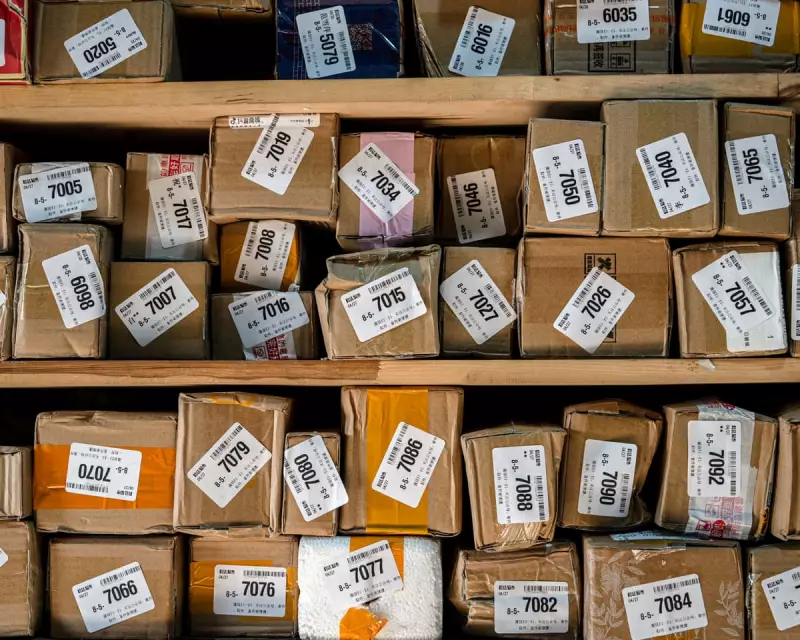
In a significant move that is set to send ripples through the global e-commerce and logistics industries, the Trump administration has abruptly ended a long-standing exemption for low-value parcel shipments entering the United States.
The policy shift, effective immediately, removes the so-called 'de minimis' threshold that previously allowed individual packages valued under $800 to enter the country duty-free. This exemption was a cornerstone of modern cross-border online shopping, enabling millions of consumers to order goods from overseas without incurring hefty import taxes.
The End of an Era for Duty-Free Shopping
For years, the de minimis rule facilitated a boom in international e-commerce, allowing everything from British luxury goods to Chinese electronics to reach American doorsteps with minimal friction. Its removal marks a dramatic hardening of Trump's trade policy, directly targeting the flow of small parcels from around the world.
Industry analysts predict the change will have an immediate and profound impact:
- Higher Costs for Consumers: Americans shopping on international websites like ASOS, AliExpress, or eBay will now see their final bills increase significantly due to newly applied tariffs.
- Logistical Gridlock: Customs authorities and shipping carriers like Royal Mail, DHL, and FedEx will be inundated with millions of additional parcels requiring formal customs declarations and duty assessments.
- Stifled Competition: Small and medium-sized enterprises (SMEs) abroad that relied on this channel to reach the US market will face new barriers to entry, potentially cementing the dominance of large domestic retailers.
A Calculated Political Move
This decision is seen as the latest front in President Trump's aggressive 'America First' trade war. The administration argues that the exemption was being exploited, particularly by Chinese manufacturers, to circumvent existing tariffs and undercut US businesses.
However, critics warn that the move is a blunt instrument that will punish American consumers and complicate international supply chains without necessarily achieving its stated goals. Trade experts suggest it could also invite retaliatory measures from key trading partners, further escalating global economic tensions.
The full ramifications for global trade, inflation, and the daily lives of online shoppers are yet to be fully realised, but one thing is certain: the cost of cross-border shopping has just gone up.




